42 describe the rock layers shown in diagram a and any forces acting on the rock.
The Rock Cycle. The rock cycle diagram clearly shows all the steps, components of the rock cycle including the end results and the movement of the process. If the diagram does not make sense, a simple explanation of all the steps at play and their end results is given below-Steps of the Rock Cycle Weathering rock formed by the cooling of magma or lava. intrusive igneous rock. Noun. plutonic rock; formed from magma forced into older rocks at depths within the Earth’s crust, which then slowly solidifies below the Earth’s surface. melting. Verb. to become altered from a solid to a liquid state usually by heat. metamorphic rock.
another. This does not mean that rocks move through the rock cycle in a particular order. As the illustration shows on page 507, a rock at any point in the cycle can change in two or three different ways. Like all cycles, the rock cycle has no beginning or ending but goes on continually. Rock Types The three types of rocks are classified by how ...

Describe the rock layers shown in diagram a and any forces acting on the rock.
Rock strata refers to stacked-up layers of sedimentary rock. Other kinds of rock can have layering in them but the word 'strata' is reserved for sedimentary rocks, rocks composed of individual ... Geology 101 - Assignment 3. Be able to order the steps of the formation of a disconformity. Sediments are deposited in a Marine environment. When sea level falls, exposing the marine sediments, erosion takes place. When sea level rises again, the erosional surface is buried by more marine sediments, creating a disconformity. Be able to order ... Rock Cycle Diagram . Rocks are broadly classified into three groups: igneous, sedimentary and metamorphic, and the simplest diagram of the "rock cycle" puts these three groups in a circle with arrows pointing from "igneous" to "sedimentary," from "sedimentary" to "metamorphic," and from "metamorphic" to "igneous" again.
Describe the rock layers shown in diagram a and any forces acting on the rock.. Describe the rock layers shown in Diagram A and any forces acting on the rock. Diagram A shows a section of rock that contains three different layers. All layers are parallel and are equal in thickness. There are no forces being exerted on the rock layers. Feb 11, 2021 · Geography, 02.11.2021 23:00, bakerx8529 Describe the rock layers shown in Diagram A and any forces acting on the rock. A free-body diagram for a left segment of the beam extending a distance x within region BC is shown in Fig. 6-4c. As always,V and M are shown acting in the positive sense. Hence, (3) (4) The shear diagram represents a plot of Eqs. 1 and 3, and the moment diagram represents a plot of Eqs. 2 and 4, Fig. 6-4d.These equations can 30 seconds. Report an issue. Q. The diagram shows different layers of sedimentary rock. Each layer is labeled with a letter. answer choices. The left part of Layer B is younger than the right part. The left part of Layer F is the same age as Layer M. Layer R is older than Layer M.
Layla drew a diagram of forces acting on the rock in Earth's crust. She drew arrows pointing inwards, representing forces pressing on the rock. Which formation could this diagram represent? A. A mid- ocean rift B. a transform fault <-----C. A fold mountain D. A rift valley The arrows also show that the forces are acting in opposite directions. ... but the rock doesn't move. Draw a force diagram that shows how the forces work as you are pushing on the rock. 3. A strong adult pulls a desk to the right. At the same time, a small ... a force diagram, and describe how the forces act on the apple to make it fall. The forces are unequal in size and act in opposite directions. (1) (b) A fisherman pulls a boat towards land. The forces acting on the boat are shown in Diagram 1. The fisherman exerts a force of 300 N on the boat. The sea exerts a resistive force of 250 N on the boat. Diagram 1 (i) Describe the motion of the boat. Rock 3 is from the Swakane Biotite _____. (Fill in the blank with the rock type you identified. Hint: Depending on your specific rock sample, there are two possible names for this type of rock. The official name of this rock is based on its dark and light layers and high metamorphic grade, rather than its micaceous nature.)
Metamorphism is the changing of rocks by heat and pressure. During this process, rocks change either physically and/or chemically. They change so much that they become an entirely new rock. Figure 4.13: The platy layers in this large outcrop of metamorphic rock show the effects of pressure on rocks during metamorphism. Thus in the adjacent diagram showing three layers of sedimentary strata (perhaps in a cliff face), the oldest stratum is A, and the youngest is C. Topics 3.1 & 3.2 Uniformitarianism & Rock Relationships Page 6 of 27 A very good, almost undisturbed, sedimentary sequence can be seen in the cliffs at Maslin Bay and Port Willunga. Apr 18, 2021 · Describe the rock layers shown in Diagram A and any forces acting on the rock. Posted on 18 April 2021 Write a real world example for the equation: X-100=40 to get to sleep and I’m staying up Inter-layer forces ... obtained, such as on photographs, orientation data are presented on a rose diagram: Joints in a given orientation sector (e.g. within 10°) are counted. A radial line is drawn in the median ... front in terms of velocity and heterogeneities in the rock. Experiments show that the diverging rays
When compression stresses are applied on a rock, it squeezes the rock cause fold or fracture. The fault formed by compression stress is called thrust fault. If the compression stresses/ force continue to act on a rock it will converge and form thrust fault. In Figure C, tension stresses is applied on the rock.
11-8 (c) Rφ which is the frictional force acting around the arc. This force is normal to the force N', has a magnitude equal to N' tan φ'/F where φ' is the effective angle of shearing resistance, but the line of action of this force R φ is unknown. U, the pore pressure force,
What conclusion can be made about the forces acting on the boulder? The forces acting on the boulder are balanced (net force equals zero). ... Fossils of trees were discovered in a sedimentary rock layer, and in a rock layer below were fossils of clams. ... The structural similarity shown in the diagram indicates that the pictured organisms ...

20 Points 3 Questions 1 Will A Normal Fault Result From The Stresses Being Applied To The Rock Brainly Com
The rock cycle is a continuous process describing the transformation of the rocks through various stages throughout their lifetime. The rock cycle simply moves from the igneous to metamorphic to sedimentary rocks and the process repeats itself over and over. READ: Biological Weathering - Definition and Types.
the compressional forces lead to the bending of rock layers and thus lead to the formation of fold mountains. In them the rock strata primarily of sedimentary rocks get folded, into wave like structure. This process of bending, sometimes warping and twisting of rock strata is referred to as their folding.
1) No, because shearing causes strike-slip faults or normal faults are caused by tension. 2) Diagram A shows a section of rock that contains three different layers. All layers are parallel and are equal in thickness. There are no forces being exerted on the rock layers. 3) Compression: stresses are directed inward - produces thrust faults, reverse faults, or folding; Tension: stresses directed ...
Geological Folds. December 26, 2015. This Diagram depicts some of the differences between Asymmetrical, Symmetrical, and OVERTURNED folds. Credit: W. H. Freeman and Company. A wave-like geologic structure that forms when rocks deform by bending instead of breaking under compressional stress. Anticlines are arch-shaped folds in which rock layers ...
Sedimentary Structures. STRATIFICATION refers to the way sediment layers are stacked over each other, and can occur on the scale of hundreds of meters, and down to submillimeter scale. It is a fundamental feature of sedimentary rocks. This picture from Canyonlands National Monument/Utah shows strata. exposed by the downcutting of the Green River.
A useful way to illustrate how the three main types of rock are related to one another and how changes to rocks happen in a recurring sequence is the rock cycle. It can be presented in a diagram like the one below. The concept of the rock cycle is attributed to James Hutton (1726-1797), the 18th-century founder of modern geology.
Presents the three major rock types and the processes that lead to their formation in the rock cycle. %. Progress. MEMORY METER. This indicates how strong in your memory this concept is. Practice. Preview. Assign Practice. Progress.
We can also better understand rock structures if we consider the orientations of the stresses acting on a body (Figure 7.4).For example, tension occurs where the stresses point away from one another and tend to pull the rock body apart. In con-trast, compression tends to press a body of rocks together.Three distinct types of
Describe the rock layers shown in Diagram A and any forces acting on the rock. 62. In diagram B, which type of fault will form if the stress force continues? Explain. 63. What caused the rock layers to take on the shape shown in diagram C? 64. Contrast the plate movements that cause the stresses in diagrams B and C.
Flexural folds form when layers slip as stratified rocks are bent. This results in the layers maintaining their thickness as they bend and slide over one another. These are generally formed due to compressional stresses acting from either side. Flow folds form when rocks are very ductile and flow like a fluid. Different parts of the fold are ...

Unexpected Large Eruptions From Buoyant Magma Bodies Within Viscoelastic Crust Nature Communications
Nov 11, 2021 · Describe the rock layers shown in Diagram A and any forces acting on the rock. Describe the rock layers shown in Diagram A and any forces acting on the rock. Post navigation. Previous Post. Previous If you will add a 1/2 teaspoon of sugar in 2 tablespoon of water and stir and continually add another. Next Post.
Rock Cycle Diagram . Rocks are broadly classified into three groups: igneous, sedimentary and metamorphic, and the simplest diagram of the "rock cycle" puts these three groups in a circle with arrows pointing from "igneous" to "sedimentary," from "sedimentary" to "metamorphic," and from "metamorphic" to "igneous" again.
Geology 101 - Assignment 3. Be able to order the steps of the formation of a disconformity. Sediments are deposited in a Marine environment. When sea level falls, exposing the marine sediments, erosion takes place. When sea level rises again, the erosional surface is buried by more marine sediments, creating a disconformity. Be able to order ...
Rock strata refers to stacked-up layers of sedimentary rock. Other kinds of rock can have layering in them but the word 'strata' is reserved for sedimentary rocks, rocks composed of individual ...

Three Dimensional Stress State In Inclined Backfilled Stopes Obtained From Numerical Simulations And New Closed Form Solution

What Model Material To Use A Review On Rock Analogs For Structural Geology And Tectonics Sciencedirect
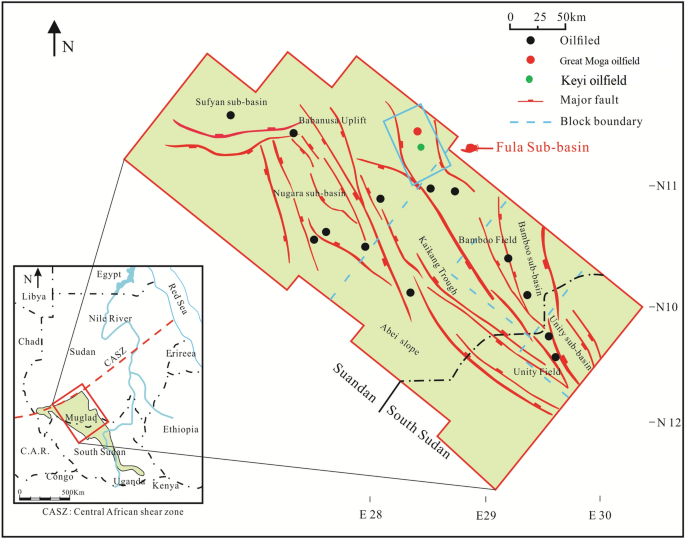
Reservoir Quality And Its Controlling Diagenetic Factors In The Bentiu Formation Northeastern Muglad Basin Sudan Scientific Reports
Mechanical Behavior Of An Additively Manufactured Poly Carbonate Specimen Tensile Flexural And Mode I Fracture Properties Emerald Insight
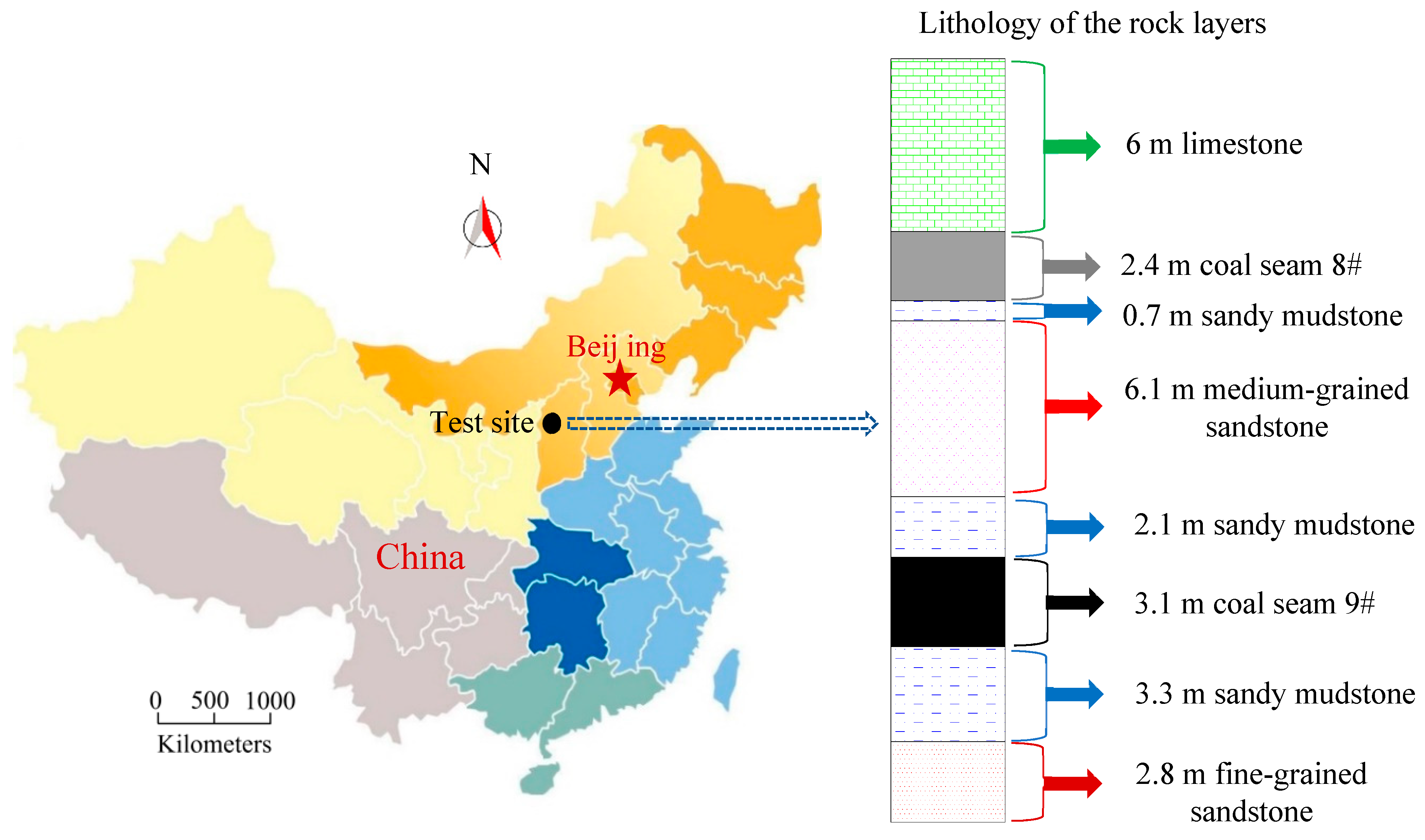
Energies Free Full Text Key Technologies And Application Test Of An Innovative Noncoal Pillar Mining Approach A Case Study Html

Pdf Analysis And Prediction Of Brittle Failure In Rock Blocks Having A Circular Tunnel Under Uniaxial Compression Using Acoustic Emission Technique Laboratory Testing And Numerical Simulation

Thermal Stress Weathering And The Spalling Of Antarctic Rocks Lamp 2017 Journal Of Geophysical Research Earth Surface Wiley Online Library
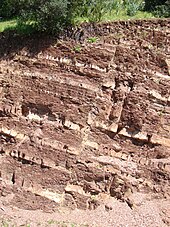
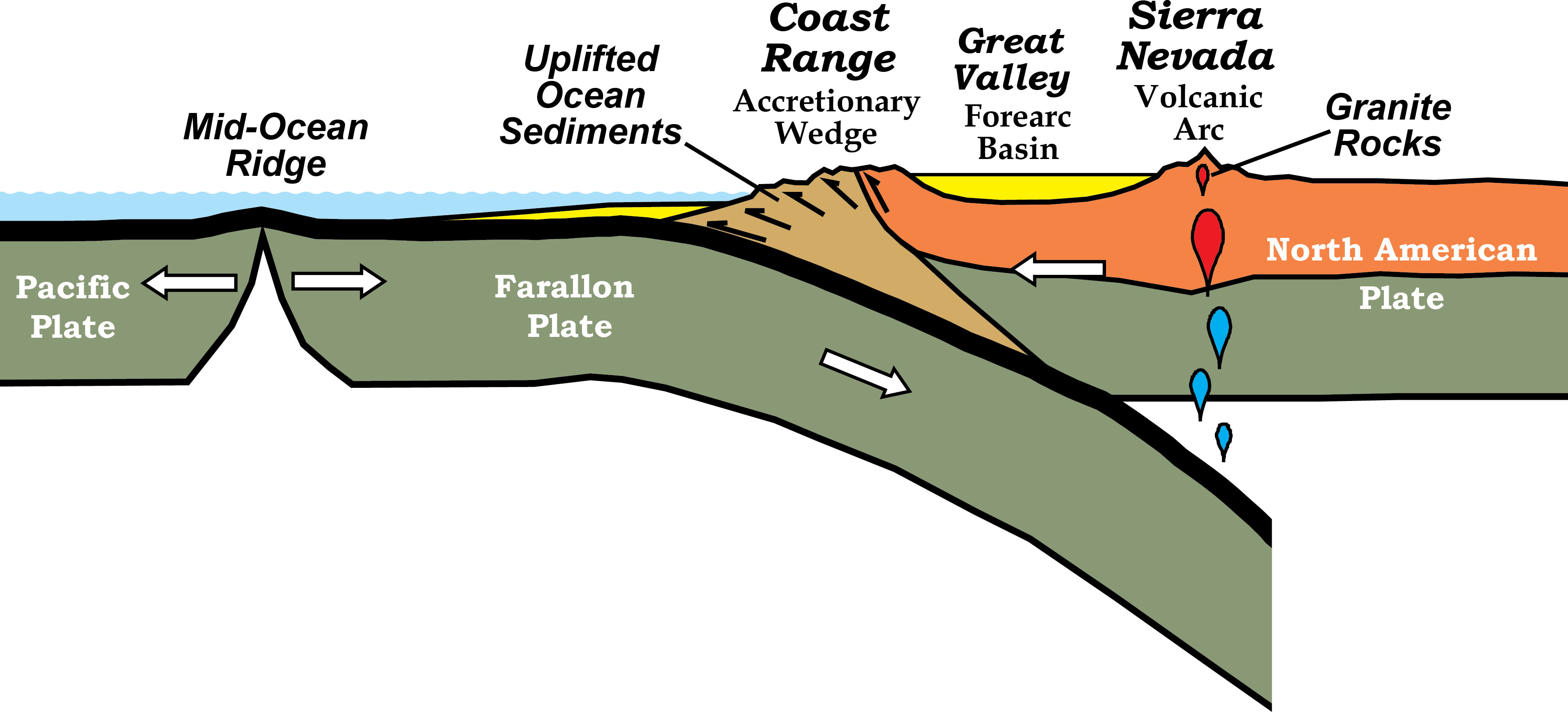

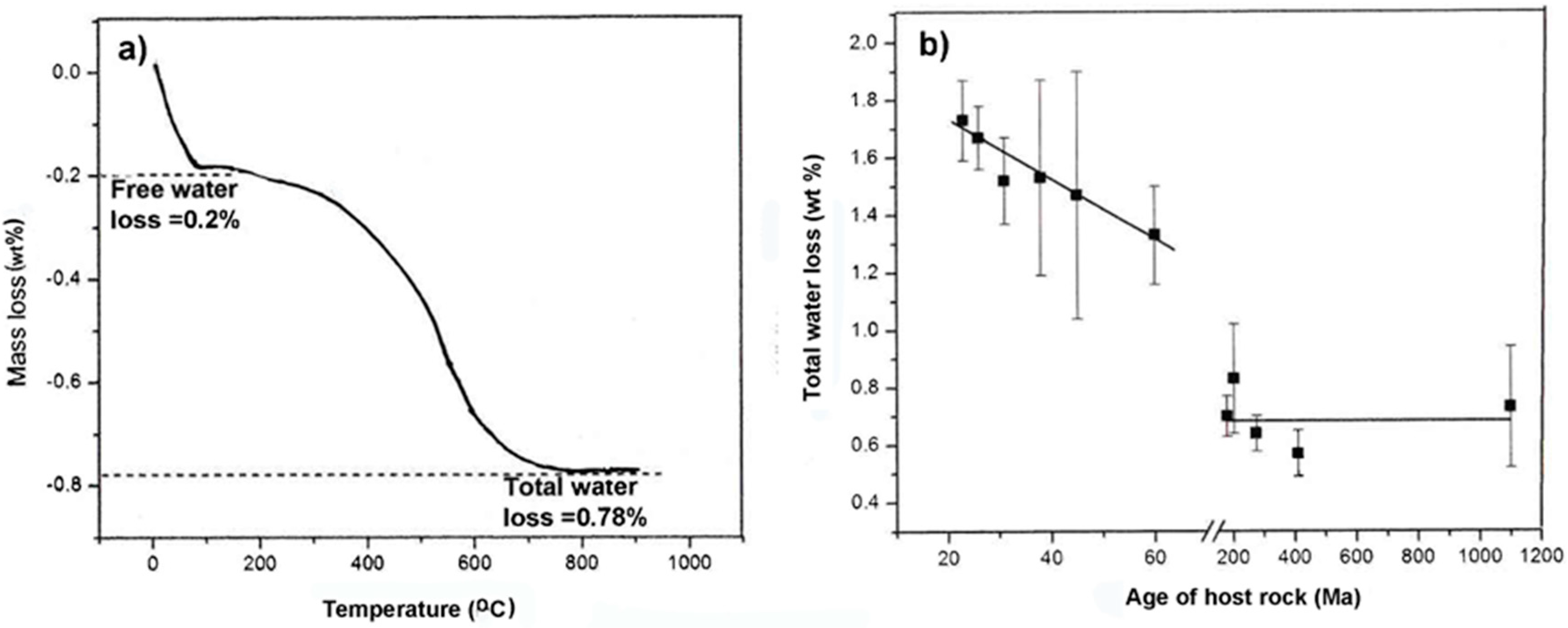
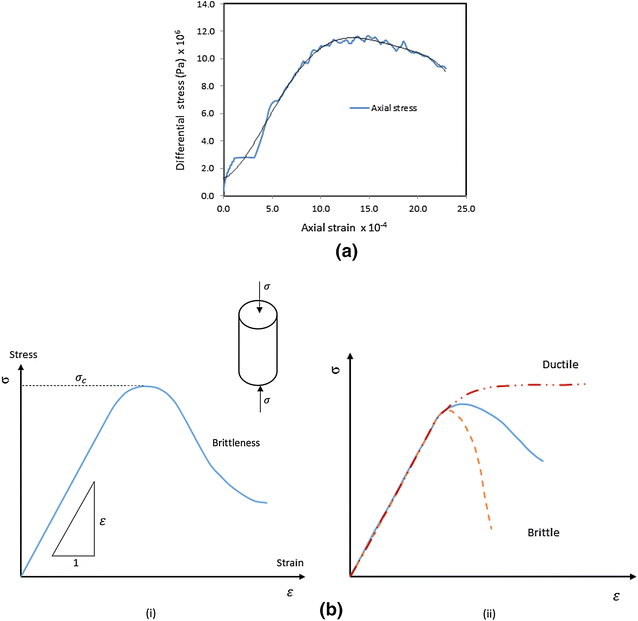
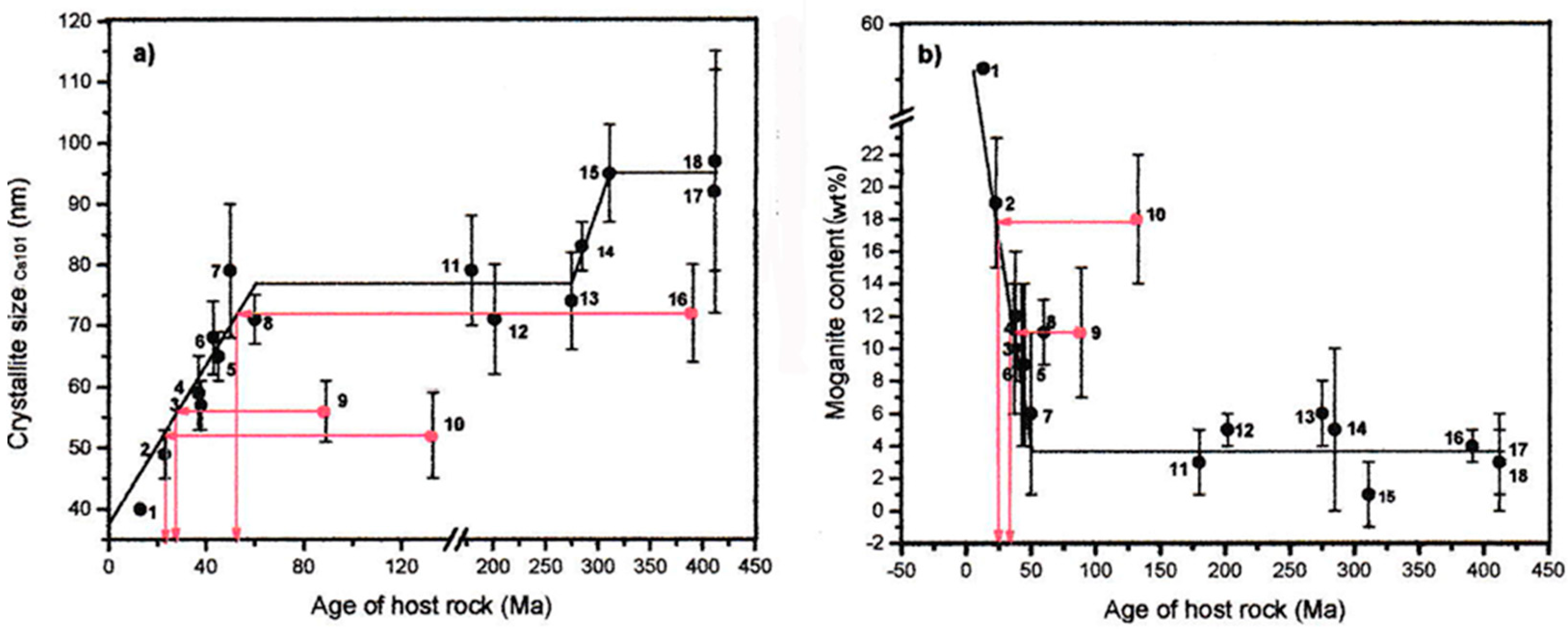





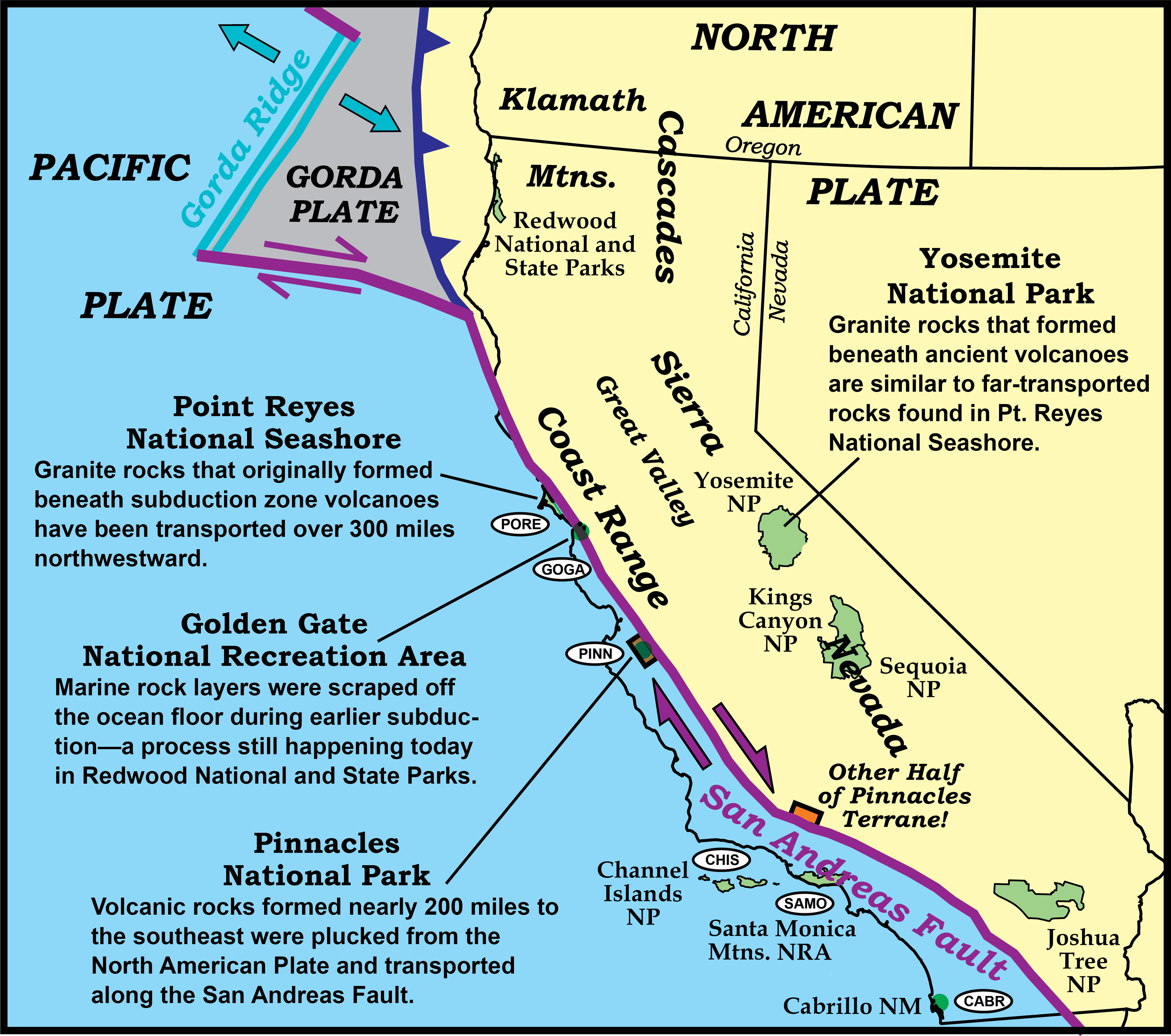
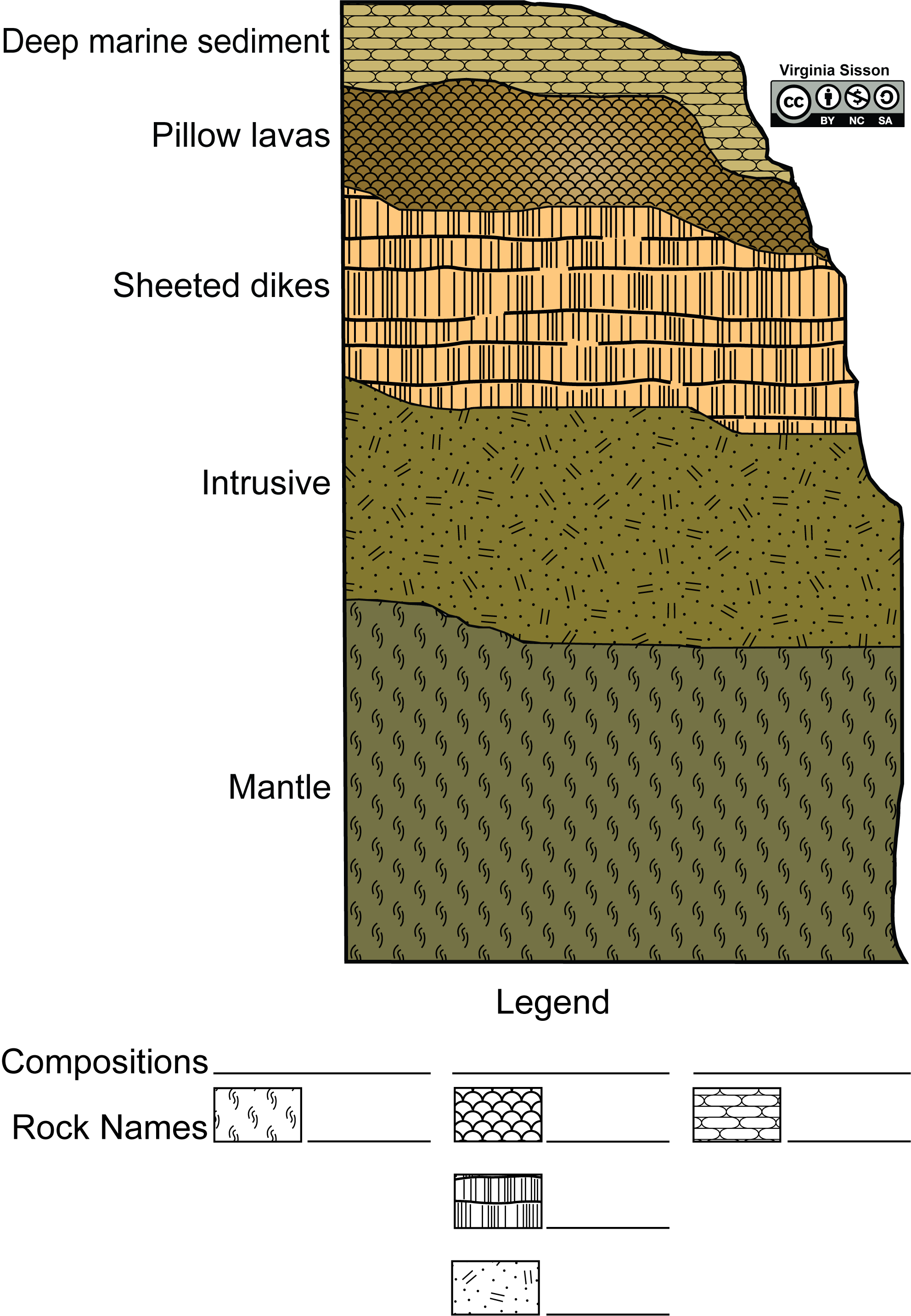
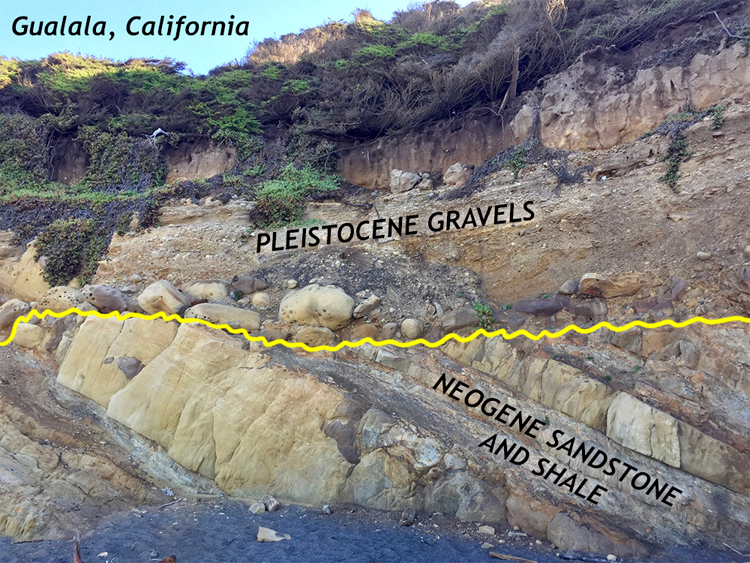








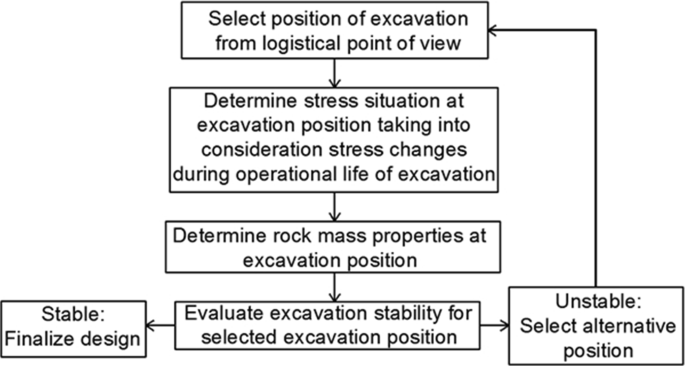
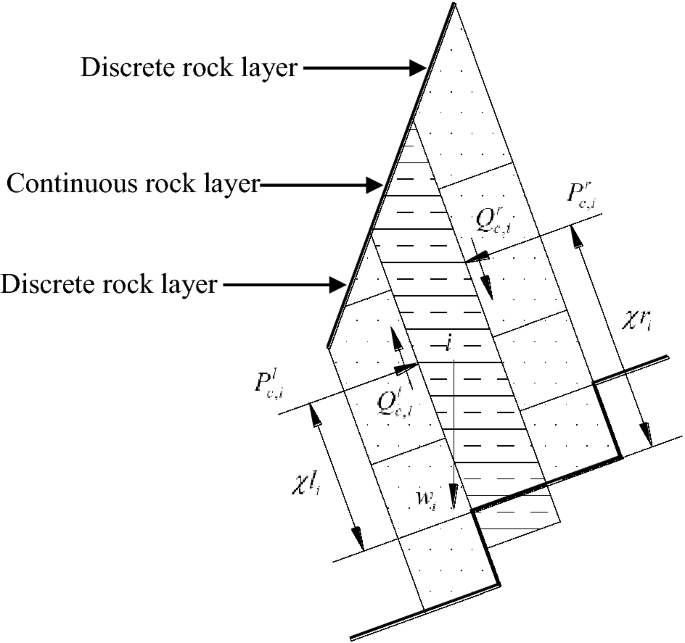



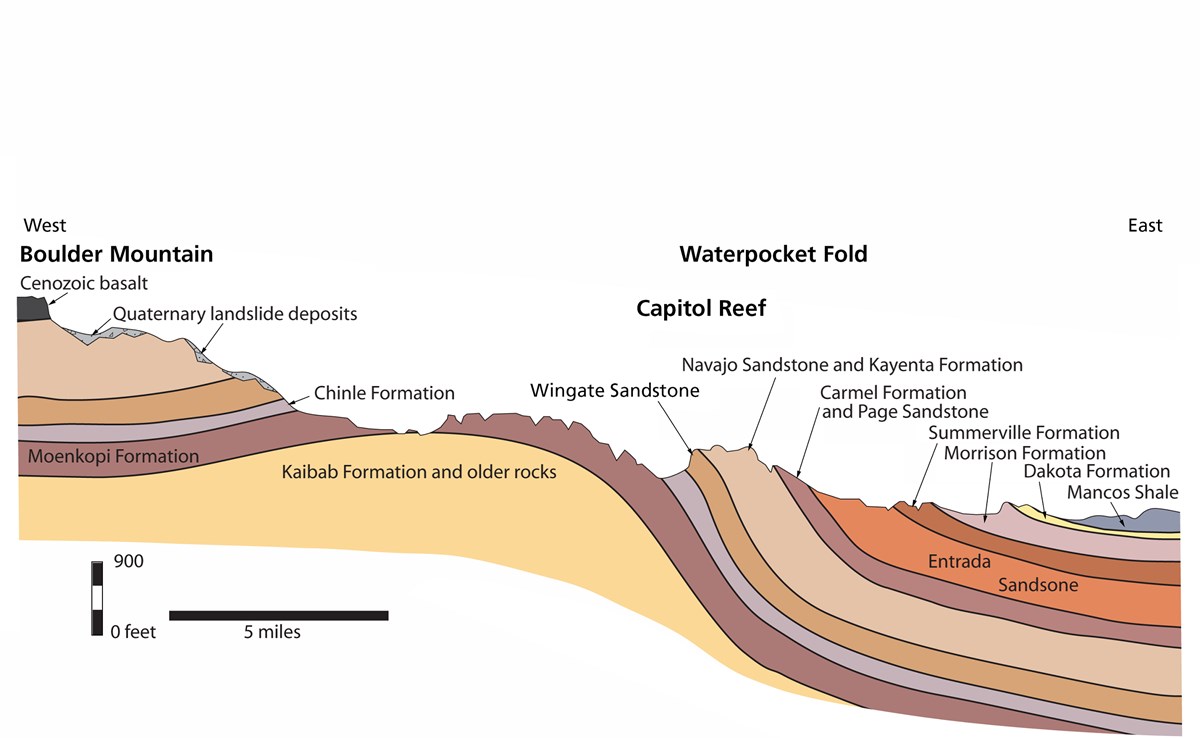
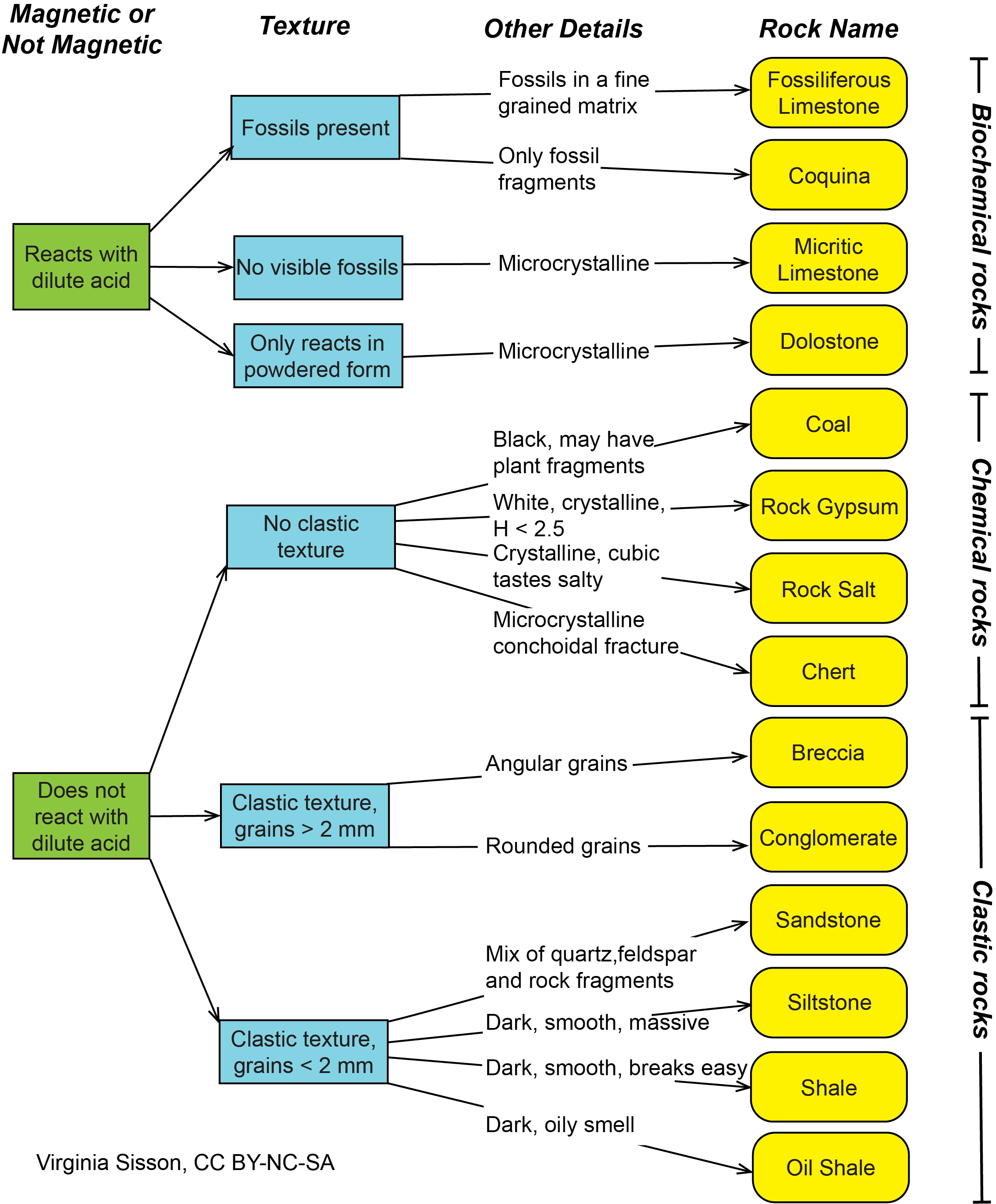
0 Response to "42 describe the rock layers shown in diagram a and any forces acting on the rock."
Post a Comment